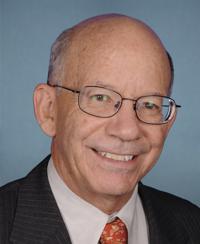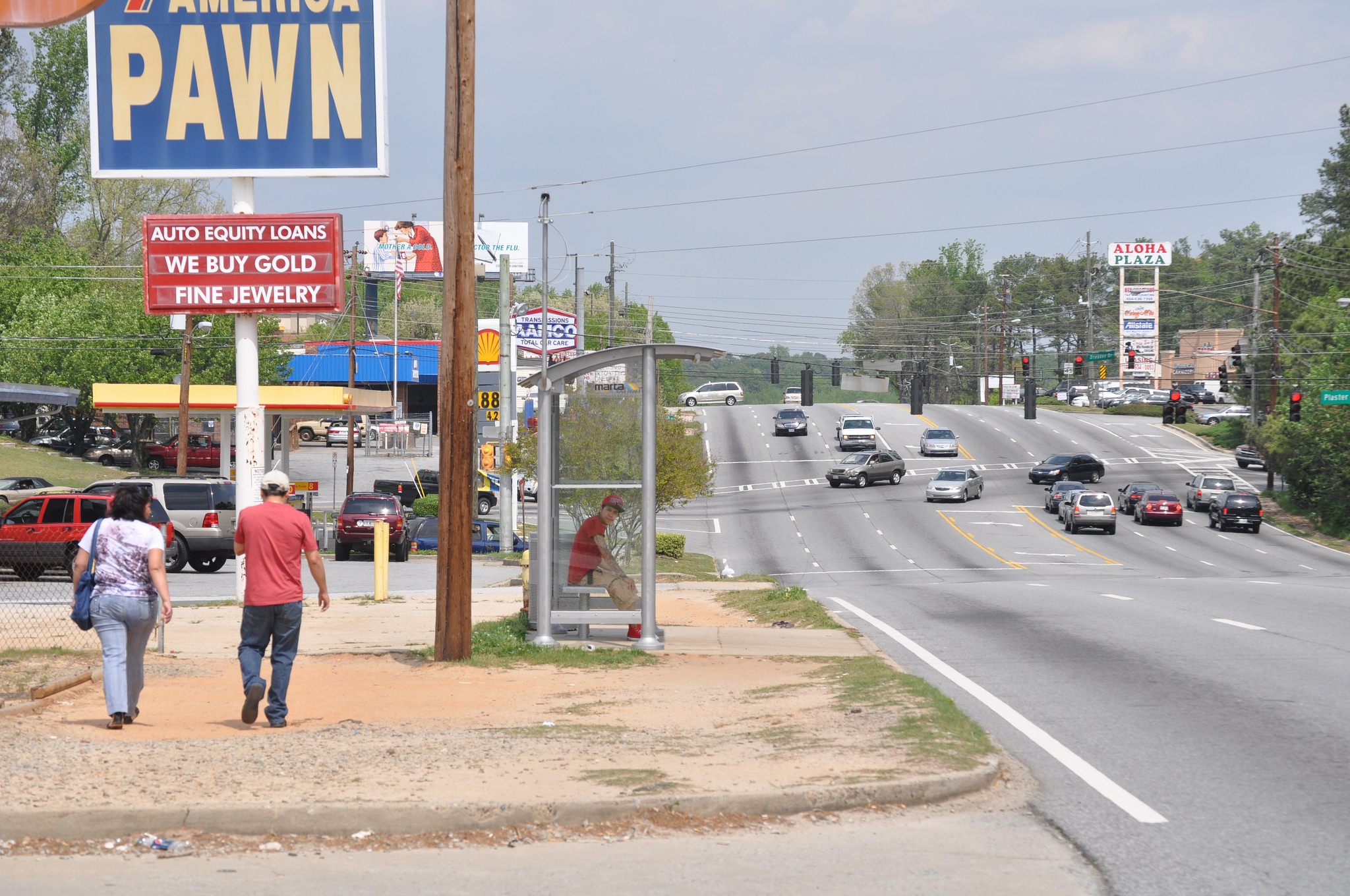It's "Infrastructure Week" — but for real this time.
The morning after the election, House Infrastructure committee minority leader Peter DeFazio held a conference call with the media saying, "This is the day we begin planning to deliver a major infrastructure package."

Infrastructure — vague calls for spending more money on it — is a rare area of bipartisan agreement. Both Donald Trump and his two main Democratic rivals campaigned on it. But it's also been sort of a white whale, in part because no one can agree on how to pay for it.
With the Dems taking control of the House, there's growing speculation that we'll see a real infrastructure spending package potentially passed in the next year.
But the devil will be in the details. A major infrastructure spending package could easily just unleash a new round of low-value highway sprawl. It's not clear that Democrats — who hold just one branch of government — will have the power, or negotiating skill, to demand the kinds of investments that will help reduce our dependence on fossil fuels and keep our cities growing.
In his remarks, DeFazio did emphasize maintenance rather than expansion, which is important. Much of what is often referred to as America's "infrastructure crisis" can be traced to a lack of discipline about maintenance. Politicians and state Departments of Transportation like to cut ribbons, not fix what has been built.
DeFazio did mention transit as well, noting that U.S. transit systems have $100 billion in delayed maintenance obligations. But in his remarks he mentioned, bridges, self driving cars, harbors, aviation, traffic lights, transit, wastewater and drinking water. Notably, he made no mention of pedestrian infrastructure even as pedestrian deaths are soaring.
DeFazio has been a champion of transit, walking and biking in the past. But all we know at this point is he's not coming hard out of the gate calling for a major paradigm shift to go along with more funding. And negotiations haven't even begun yet. The last time Trump seriously discussed rebuilding our basic services was part of his "Infrastructure Week" at the White House — which turned into infrastructure weak.
"We’re going to maintain what we have to bring it up to a state of good repair," he told the press. "We’re going to modernize and as we modernize we’re going to be cognizant of resilience. "
One of the biggest hurdles with funding infrastructure is the question of how to pay for it. The recent round of tax cuts from Trump and the ballooning federal deficit will limit options some.
In the call DeFazio mentioned indexing the gas tax to inflation, but added "I don't know if we'll go there." He also made a vague reference to bonding. The gas tax hasn't been raised since 1993 — and every year it loses spending power due to inflation. In recent years lawmakers have restored to bailouts and accounting tricks to fund the Highway Trust Fund, which is the bulk of surface transportation spending.






